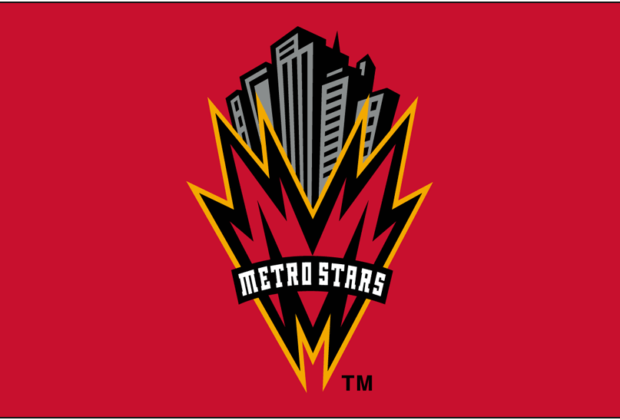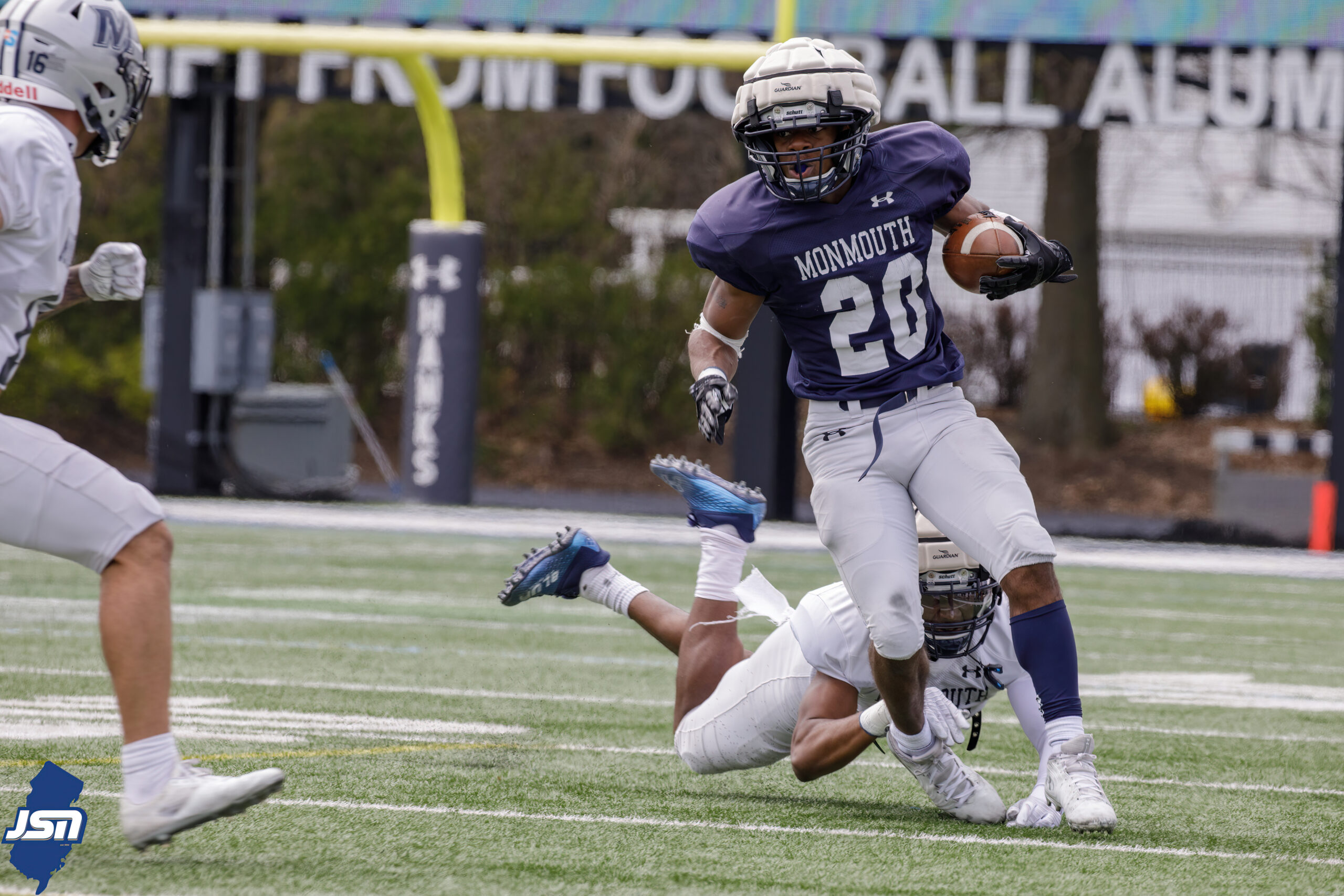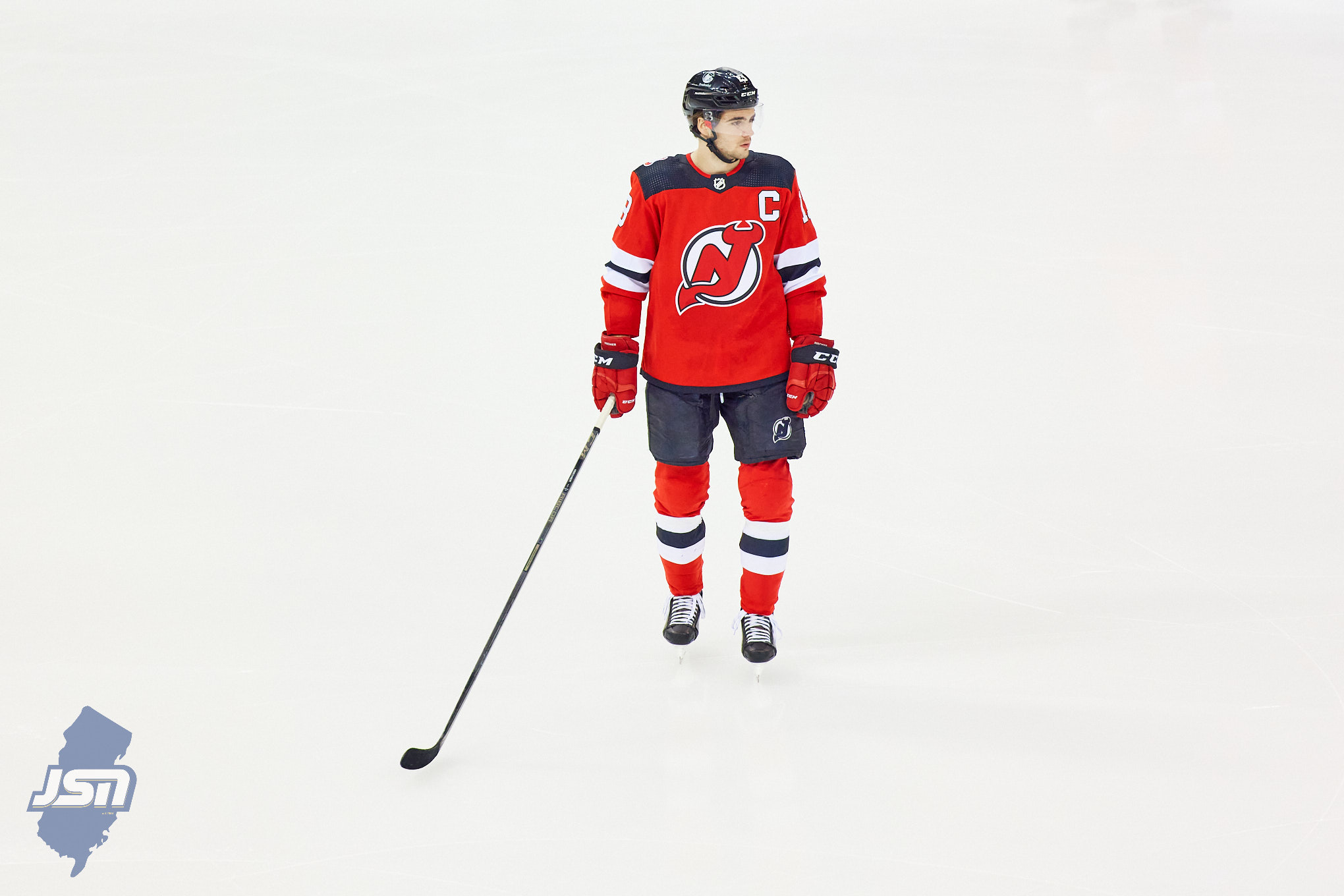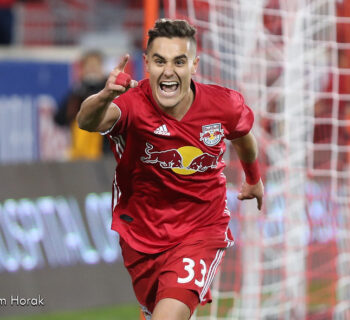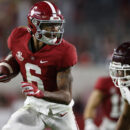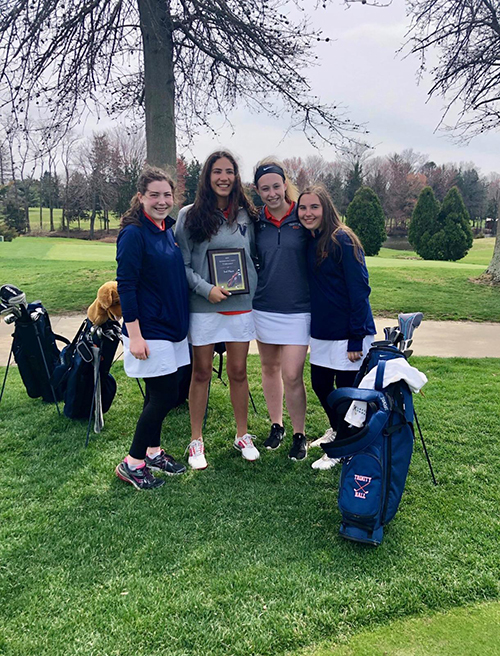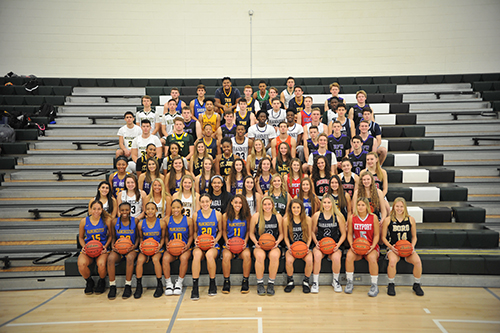THE SOUTH AMERICAN CONNECTION TURNS OLD STYLE TO NEW ATTRACTIONS
One man is the head coach and the other a player. Each in his way brought a new way of doing things to the Big Apple. Octavio Zambrano, was already a proven winner as a player and had a talent for taking losing teams from the bottom to the top. The Ecuadorian native has coached in North America, South America and Europe, along with being the Canadian National Team manager in 2017-18.
After taking the Los Angeles Galaxy to the MLS Championship Game along with a CONCACAF Champions Cup while breaking records along the way, he became the victim of his own success, choking on the bar of increased expectations that he set himself.
Adolfo "El Tren" Valencia from Colombia was ironically one of the few bright spots of a 1994 World Cup campaign that began with intense hype and ended with a player's death for scoring an own goal. Valencia scored the sole goal in a 3-1 loss to Romania and the other in a 2-1 defeat to the hosts United States.
His performance attracted interest in the ensuing years as he played in Germany, Columbia, Italy and Greece. In 2000, he arrived in New York to join the MetroStars. After either underperforming or wearing out welcomes, Valencia would regain his form leading the club with 16 goals and eight assists, forming a lethal one-two punch with Clint Mathis that few could rival.
During this time my older daughter, Desiree, joined a local soccer team in a weekend league for 10-15 year old girls. She didn't take to it naturally, but put in her best effort and often came close to being a pretty decent striker. I probably was as excited seeing her receive her green team jersey. She looked so official and the team she joined was very talented. They had a three pronged threat in the attack that was superior to anything I had seen at the time and was a joy to watch at their best.
The coach had a daughter, who was a playmaking midfielder, who could be considered the best player on the team. The father certainly thought so, even loaning her out to other teams in other league games. She even played a playoff game on the same fields, while choosing to pass on our games as we fought to make the playoffs.
I was one of those parents who constantly pointed out things, resetting defenses and calling out open players when hesitation took over. We had a goalie who wanted to be a striker but was an "A" level talent in the nets. After a while, people assumed I was the coach since I was committed heavily and very vocal. I often shared a story about my daughter who playing very slowly and was reacting a full step behind everyone in one particular game.
I called her to the sideline, where I quietly but forcefully berated her for not giving her best effort. She was stunned because she honestly thought she was. That is why a coach from the perspective of the sideline can perceive things that players often don't. They also know those closest to him what they are capable of.
What transpired after is one of the proudest moments I ever experienced. My daughter proceeded to knock over three players, steal as many passes, set up a couple attacks and even nearly scored a goal in a span of 10 minutes. She was everywhere at once, putting on a spurt of physical domination I never saw before or since.
Even her mother looked at me in consternation, wondering what I told her to bring this on. Let's just say that a daughter never wants to disappoint her father. She was always a happy go lucky girl, slow to anger if ever. I wanted honest effort and I hit that nerve. She responded. She fully understood. I will always remember that moment.
Being a sideline parent ,even coaching one game at the end of season, gave me an appreciation for what Zambrano did in New York. He, like me, followed a coach who was supposed to know a lot about the game. Zambrano followed Bora Milutinovic, who was still basking in the fame of his 1994 World Cup campaign with the United States. Zambrano could see what the team needed. He was to get a World Cup midfielder who took other obligations more seriously, missing most of the season.
He built a team of attackers from the wings and recognized early on that the back four outside of Petke was weak. As documented in the Metrofanatic.com website Dan Ryazansky pointed out in his piece "Metro at the Millennium: Two trades and a tear", the group of Thomas Dooley, Mohammad Khakpour, Ramiro Morales and number one pick Steve Shak were not going to cut it.
He went back to his old team and not only got Mathis ,which changed the attack, but defenders Steve Jolley and Daniel Hernandez. Hernandez was the one who swept away many of the threats to goal and allowed the offense to flow from his stops into counterattacking excellence. As Mr. Ryazansky pointed out in the aforementioned article, once Jolley and Hernandez joined Petke, the MetroStars went on to win 10 of their next 13 matches. That is what a progressive coach who sees the field and recognizes patterns does. He would not fall into the trap of older coaches who stayed with the status quo and were slow to change.
Zambrano used Mark Chung and Alex Comas as the speed merchants who could attack on the wings and get back down to protect the flanks as well. It was this heavily South American style of ball control in defense and movement by ground and talented dribblers and playmakers that would open the door to a product that was a feast for the eyes. In the next chapter, we will take a look at Tim Howard, who put himself on the map in goal for the MetroStars which served as the launching pad from backup goaltender to international fame.
- Henry Aaron 715 Home Run GAME- What Else Do We Know 50 Years Later? - February 6, 2024
- When We Were Metrostars - Part 4 - Tim Howard: The Man Who Would Become King - September 17, 2023
- When We Were Metrostars - Part 5-MATTHAUS WAS NO BECKENBAUER - August 20, 2023

